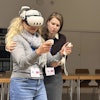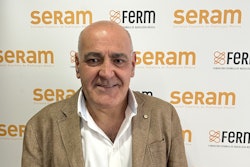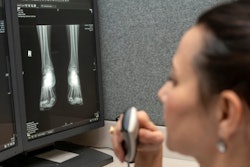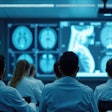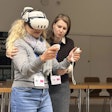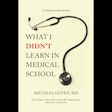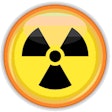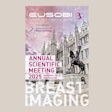Performing a subspecialization in Spain under the protection of different radiological societies or hospital centers has increased in recent years, according to the Spanish Society of Medical Radiology (SERAM), which rolled out an emphasis on training and quality during its 37th National Congress this week.
Add the opportunity to align Spain's radiological educational approach with contemporary European standards, and residents can expect a more enriching training experience that is aligned with the demands of today's world. This was among the takeaways from SERAM 2024, held in Barcelona from 22 to 25 May. To that end, the congress once again welcomed keynote lecturer Prof. Laura Oleaga, PhD, who oversees the development and implementation of the European Diploma of Radiology (EDiR).
In addition, SERAM 2024 sessions are focusing on university education and the initiative of the European Society of Radiology (ESR) for undergraduate training. Spain is exploring the ESR training curriculum for residents and a five-year residency model. This initiative is especially significant since currently the training of residents is still regulated by order SCO/634/2008 that SERAM intends to update, a congress proceedings review explained.
There are three fundamental aspects for the growth and success of radiology residents in Spain: tutoring strategies, competency evaluation, and recommendations for complementary activities, and SERAM 2024 devoted tracks to all three.
Other SERAM 2024 highlights include the following:
- Discussing the practical issues of introducing new technologies and artificial intelligence
- Trying to unravel the keys to two issues in cardiac MRI, attitudes toward patients with implanted devices, and the sequences that allow for quickly and accurately acquiring images of the heart
- A debate about teleradiology, especially in the field of public health, and exploring the keys that the incorporation of teleradiology into regular practice in a safe, rational way and with the greatest possible satisfaction for professionals
- Management and legal issues around breast units, limits on biopsies, and a deescalation in the treatment of breast cancer
- Less common neurocutaneous syndromes observed in pediatric radiology, as well as hypothalamic-pituitary assessment, thyroid pathology, hydrocephalus, autoimmune or cerebral arterial pathology, and specific issues in head and neck pathology
To read more about the day-by-day highlights of SERAM 2024, click here.



